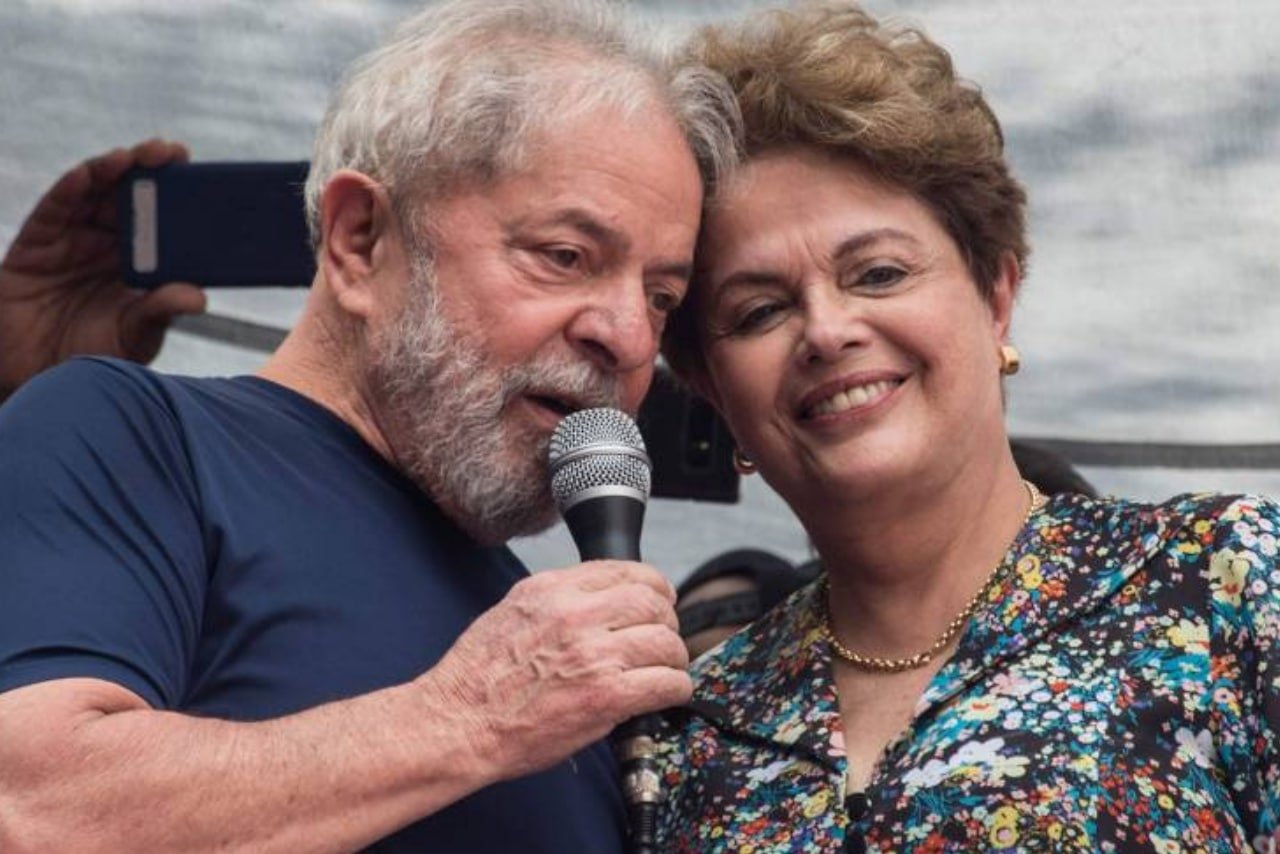RIO DE JANEIRO, BRAZIL – Seven former governors of Latin American countries and Spain warned Thursday that the delay in the promulgation of the scrutiny of the presidential elections in Peru, despite the evidence that they were won by Pedro Castillo (far-left), generates risks to democracy.
“Any unjustified delay in the officialization of the decision adopted by the Peruvian people, which resulted in the election of Pedro Castillo, generates uncertainties and undesirable spaces of confusion for the course of the economy and the stability of democracy,” the former presidents warned in a statement released Thursday.

The letter is signed by former presidents Luiz Inácio Lula da Silva and Dilma Rousseff (Brazil), Ernesto Samper (Colombia), Rafael Correa (Ecuador), Martín Torrijos (Panama) and Fernando Lugo (Paraguay), as well as former Spanish Prime Minister José Luis Rodríguez Zapatero, who identify themselves as members of the Puebla Group, which groups left-wing parties and movements.
The former presidents, who say they are “concerned with the political situation in Peru and encouraged by the need to defend democratic institutionality”, alleging that the delay in the promulgation of the ballot can also “illegitimately delay the mandate of President-elect Castillo, affecting the realization of the social projects announced during his campaign”.
According to the subscribers of the declaration, the risks generated by the delay are known to the President of Peru and the Armed Forces, and the other institutional actors.
According to the former presidents, “there is convincing evidence” that Castillo obtained a majority in the June 6 presidential elections, which, in their opinion, were carried out with the respective guarantees and norms of transparency and electoral competition.
The subscribers urged the Peruvian National Jury of Elections (JNE) to formally declare Castillo’s victory without further delay since all the votes have already been counted.
They add that the legitimate right of Castillo’s rivals to request clarifications and revisions of the electoral documents and processes “cannot become a delaying strategy to prevent the validation of results that according to the tallies and the international electoral observation missions, are unquestionable”.
According to the National Office of Electoral Processes (ONPE), with 100% of the votes counted, Castillo obtained 44,058 votes more than his rival in the second round of the presidential elections, the right-wing Keiko Fujimori, who denounced a “systematic fraud” based on alleged irregularities in the voting tables, which so far prevents the winner of the elections from being proclaimed.
The daughter and political heir of former president Alberto Fujimori (1990-2000) presented more than 800 appeals to annul some 200,000 votes, all of which have been rejected by the Special Electoral Juries (JEE) of each jurisdiction.
The version of fraud has been discarded by the electoral observation missions of the OAS and the Inter-American Union of Electoral Organizations (Uniore), as well as by the Civil Association Transparencia and the Ombudsman’s Office.
Puebla Group
Grupo de Puebla is a political and academic forum composed of leftist political representatives from around the world. Founded on July 12, 2019, in the Mexican city of Puebla. According to its founders, the main objective is to articulate ideas, productive models, development programs, and progressive state policies.
It is composed of presidents, former presidents, political and social referents within the socialist movement, and academics from 12 Spanish and Portuguese-speaking countries.
Observers point to the Puebla Group as the successor-substitute of the Foro de São Paulo.

